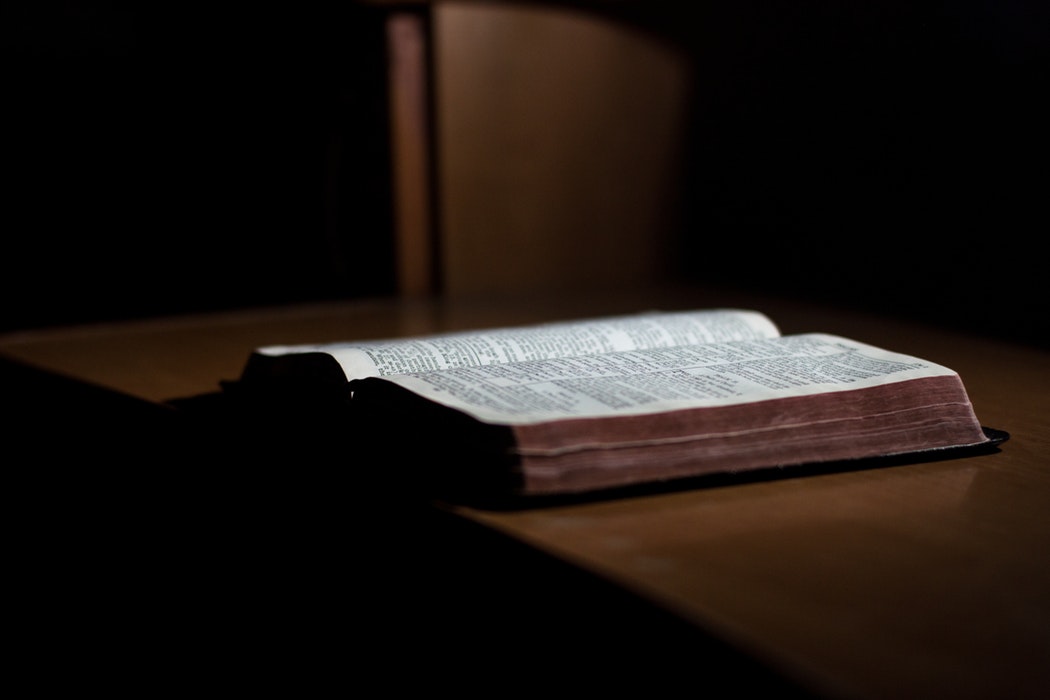What is drama definition in literature?
Table of Contents
What is Drama
What is the meaning of drama in literature? Drama is a literature genre which combines epic and lyric ways of depicting. The basis of the dramatic work is a conflict, its content is revealed through the play of actors. Drama shows man in a tense moment of life, reveals the nature of actions, deeds, movement of person’s soul. Dramatic works have a dynamic plot, they are written in the form of actors’ talks. Dramatic works often use dialogues, less often – monologues. The author’s words are used only as remarks. They report on the appearance, age of the characters, their profession, features of the way, the description of the scene is given etc.
Characteristics of drama genre
To answer the question ‘What is drama’ you should know characteristics of drama genre. So, drama in literary terms has such characteristic features:
- drama is divided into parts, which are called acts. There are intermissions between actions which are necessary for changing scenery. Moreover, actors and spectators can have a little rest.
- as usual dramatic work has small number of events and actors and, as a rule, one storyline. The main features of the characters – actions, gestures, facial expressions, language. Music enhances emotional perception of actors’ game.
- Dramatic works intended for stage production, so they are small in size (70-80 pages of text), because the length of the performance can not exceed 3-4 hours.
The drama as a literary genre is divided into three types: tragedy, comedy and the drama itself.
History of drama: meaning of drama in literature development
Drama has been changing throughout centuries and it is still changing. Various genre forms appeared, evolved and sometimes died. So, in Ancient Greece there were tragedy and comedy that exist today. Drama of Middle Ages had subgenre of spiritual drama that was associated with worship and with the plot of the Bible and life literature (liturgical drama, autos, mysteries). In the same period, a secular theater with a system of its own genres (farce, sotie, morality plays) is born. During the Renaissance, the Italian improvisational comedy dell’Arte flourishes. In the XVII-XVIII centuries the interlude becomes popular.
The theater of the present is characterized by a more visible tendency of combining all sorts of genres, interpenetration of genre forms. Genres-hybrids dominated in the 20th century, including tragicomedy and tragicfarce.



